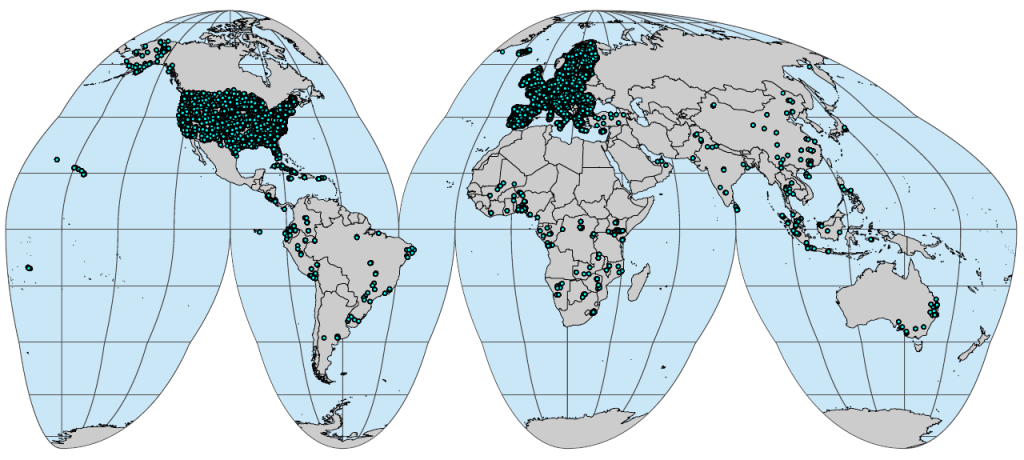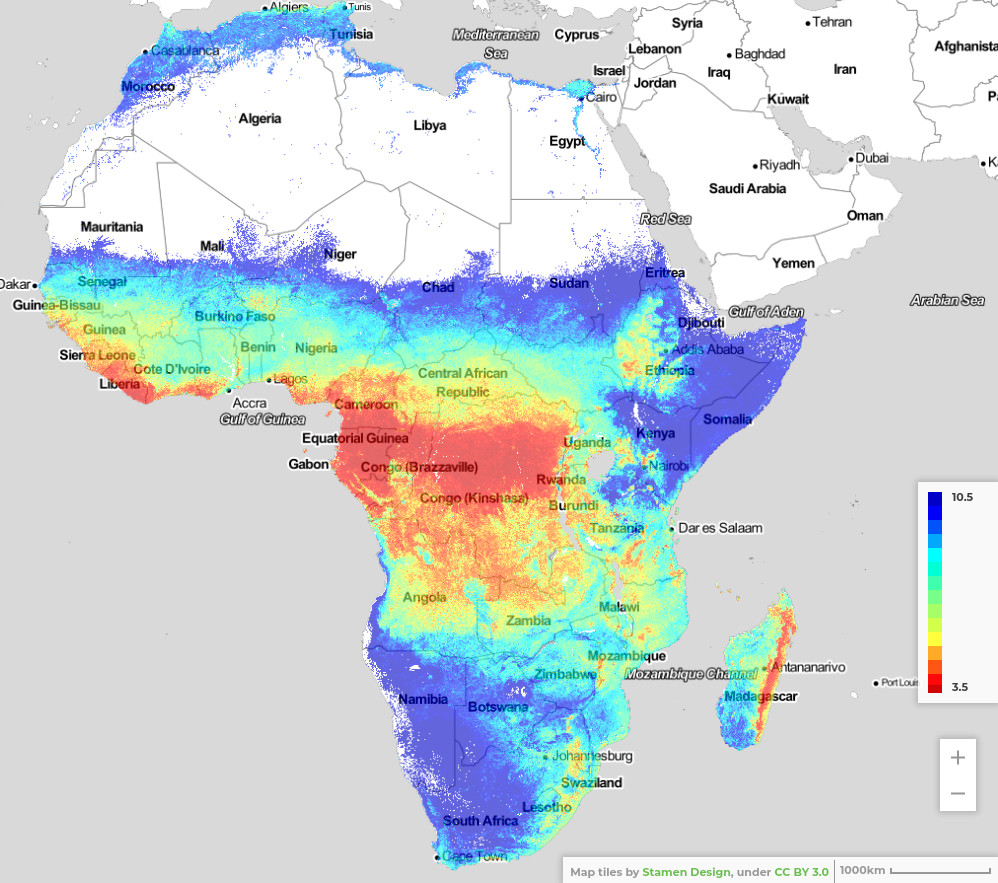OpenGeoHub together with partners Woodwell Climate Research and University of Florida, has released on the World Soil Day 5th of December 2021 the first Global Open Soil Spectral Library. Read more about what it provides and how to access features in the official documentation (OSSL manual).
The production took almost 9 months and required that we (a) design a database solution to bind and host regional / local soil spectral libraries, (b) implement modeling framework to cope with the problems of harmonization between different instruments, and (c) implement front-end and back-end solutions that could make “production of primary soil data from soil spectral instruments as easy as possible”. The OSSL is still under-construction and we hope in early 2022 that it will reach an operational level so it can be used by thousands of users, and that open source development communities will start appearing.
Here are the main components of the OSSL that you can access at the moment:
- OSSL viewer is available at https://explorer.soilspectroscopy.org;
- OSSL engine / calibration service is available at https://engine.soilspectroscopy.org;
- OSSL API is available at https://api.soilspectroscopy.org;
- OSSL documentation and source code is available at: https://github.com/soilspectroscopy;
If you spot an artifact or bug, please post it via github and we will try to fix asap.
We are grateful to the international and national organizations that have shown to be the Champions of Open Soil Data and sharing especially the USDA-NRCS Kellogg Soil Survey Laboratory, European Comission’s European Soil Data Centre (ESDAC), World Agroforestry (ICRAF), Bill Melinda Gates Foundation and their AfSIS project, ISRIC – World Soil Information, and The National Ecological Observatory Network (NEON). For a complete list of contributing organizations please refer to OSSL manual.
We are also grateful to GiLAB company in Belgrade for helping with the back-end and front-end development i.e. the Rshiny apps.
To receive updates about the OSSL please either/or register on our social channels, or join our mailing list or on the project’s Github homepage.



